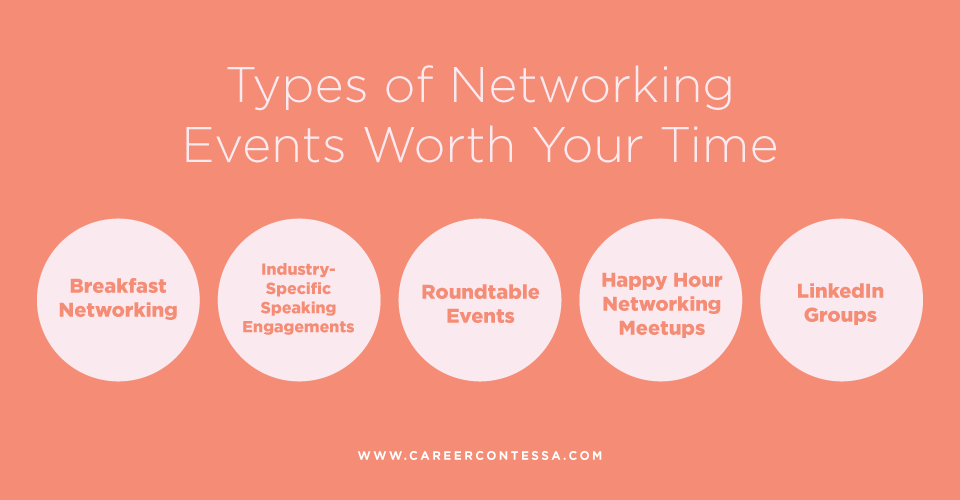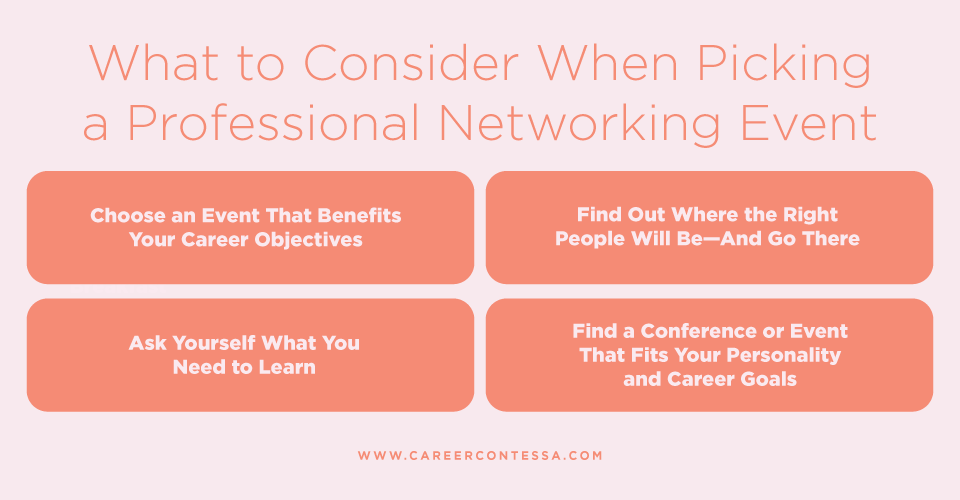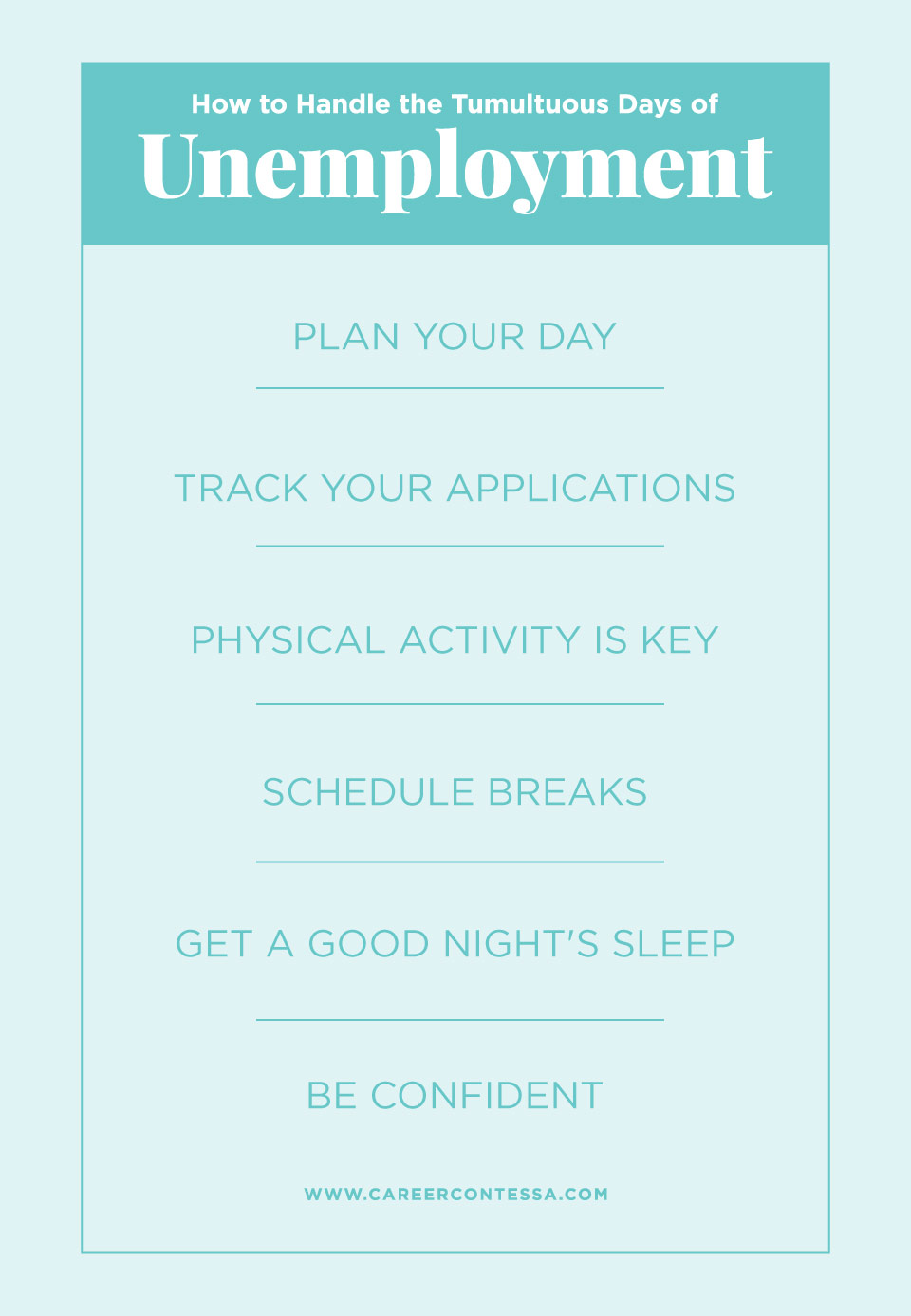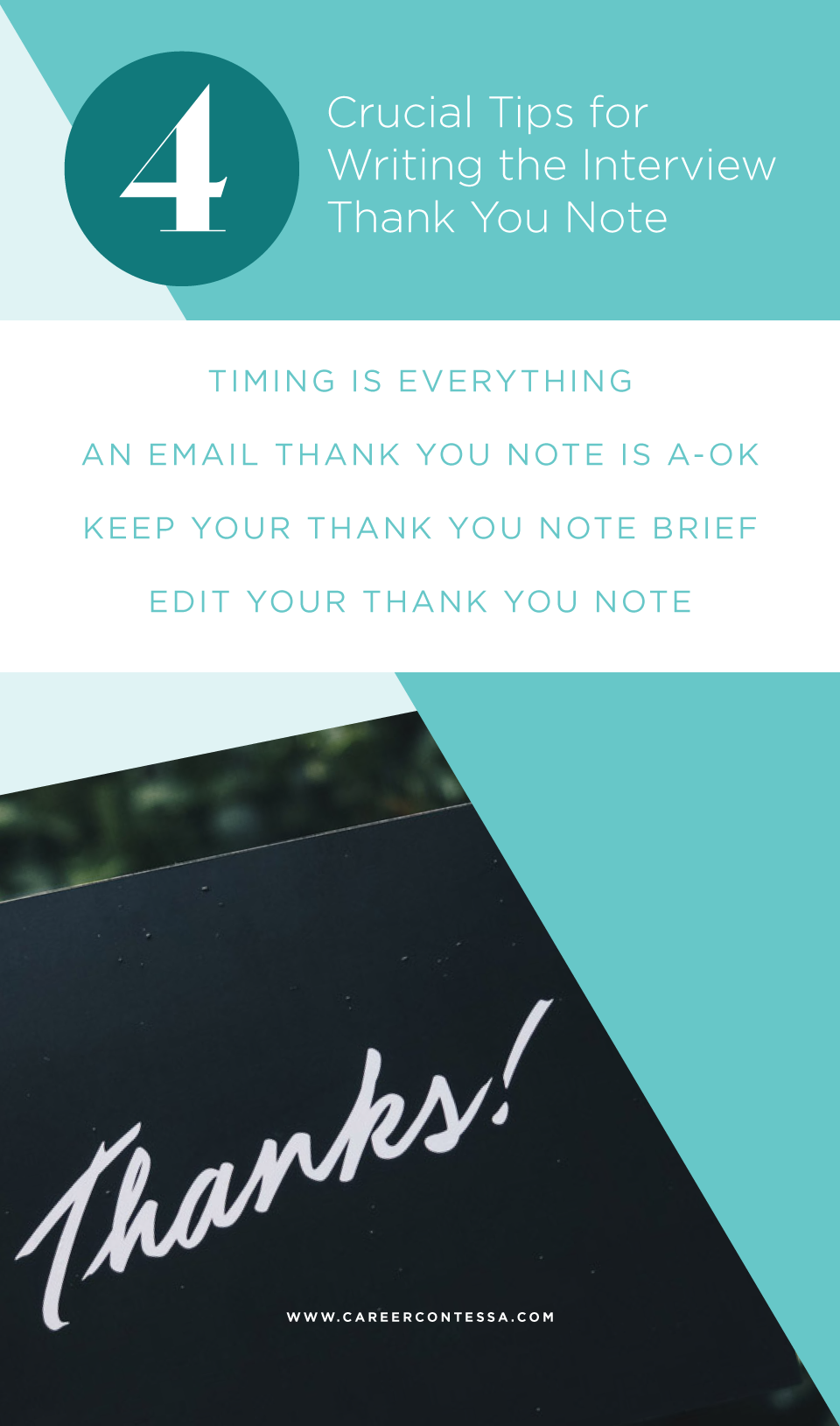#CareerAdvice : #YourCareer -Passed over for a #Promotion ? Here’s How to Recover…Your First Reaction Might Be to Get your #Resume Ready, but Quitting isn’t Necessarily Best Option.
Finding out you’ve been passed over for a promotion can come with a host of emotions, from anger to resentment to feeling unappreciated. Yes, it stings.
But while your first reaction to being passed over may be to fire off your resume and show your boss what they missed out on, doing so may mean you’ll miss out on an opportunity to use this setback to your advantage.
DEAL WITH YOUR EMOTIONS
Resist the urge to act right away and take some time to reflect and cool down. Jacinta Jimenez, psychologist and head of coaching at BetterUp, says giving your emotions space is the best way to ensure you don’t react in a way that can harm you down the road. “Taking a moment to sit with yourself, your feelings, your reactions can allow you to approach the situation from a much more centered place,” she says.
Related: The Harsh Truth Of Being Promoted You Probably Didn’t Think About
Like this Article ? Share It ! You now can easily enjoy/follow/share Today our Award Winning Articles/Blogs with Now Over 2.5 Million Growing Participates Worldwide in our various Social Media formats below:
FSC LinkedIn Network: www.linkedin.com/in/fscnetwork
Facebook: http://www.facebook.com/pages/First-Sun-Consulting-LLC-Outplacement-Services/213542315355343?sk=wall
Google+: https://plus.google.com/115673713231115398101/posts?hl=en
Twitter: Follow us @ firstsunllc
Question: Want the ‘the best/current articles/blogs on the web’ on Job Search, Resume, Advancing/Changing your Career, or simply Managing People?
Answer: Simply go to our FSC Career Blog below & type(#career, #leadership, #life) in Blog Search: https://www.firstsun.com/fsc-career-blog/
What Skill Sets do You have to be ‘Sharpened’ ?
Continue of article:
GET OUT OF THE VICTIM MINDSET
It’s normal to feel disappointed, but staying in this place of feeling rejected can cause many unhelpful thoughts to enter your mind. You may start to wonder whether you’re good enough. After all, if your manager couldn’t see your value, maybe they are right and you aren’t deserving of the promotion. As you can see, this train of thought can lead to a bad place very quickly.
Get control over your mind by taking inventory of your thoughts and ask yourself if your they’re driven by an emotional reaction or whether they are based in fact. “When we’re feeling the sting of rejection, we aren’t always able to see things clearly,” says Jimenez. This is why it’s even more important to take some time to reflect and not react right away, giving yourself time to get out of this victim mind-set and move toward action.
ASK FOR FEEDBACK
Instead of feeding yourself stories about why you were passed over, the best approach to find out why you didn’t get the job is to be direct and ask for feedback, while being mindful to maintain your professionalism. Keep the feedback directed toward you, and not about the person who was hired for the position you desired. “Be careful not to say something like ‘why did you give someone else that promotion instead of me?,” says Jimenez.
Instead, simply convey your desire to grow within the company and request specific feedback about why you weren’t offered the position so you can set yourself up for future opportunities. “Ultimately, you want to know what your boss’s reasoning for the decision was, in terms that matter to you, not about why the other person who got the promotion was better than you,” says Jimenez.
SET UP THE FUTURE
Use the feedback you receive to prepare for the next opportunity. Ask whether there was something more you could have done in order to receive the promotion you were seeking? Take the opportunity to do those things, perhaps getting involved in special projects or taking a course to improve your skill set and set yourself up for the opportunity for a promotion down the line, whether at your current company or elsewhere.
Related: Should you ever accept a promotion without a raise?
GET CLARITY AND FOCUS ON YOUR WHY
Rather than viewing the situation as a setback, look at it as an opportunity to focus on your “why” and set future goals. Ask what it is that is driving you toward your desired outcome? What is your purpose and your values? Are the steps you’re taking in line with those things? “If you are growing and learning and living close to your values and purpose all along the way, any outcome you experience will, at least in some ways, feel more worthwhile–even if it is not your ideal outcome,” says Jimenez. Take this time to re-evaluate and perhaps adjust your goals if they are no longer in line with your deeper why.
FastCompany.com | August 28, 2018












